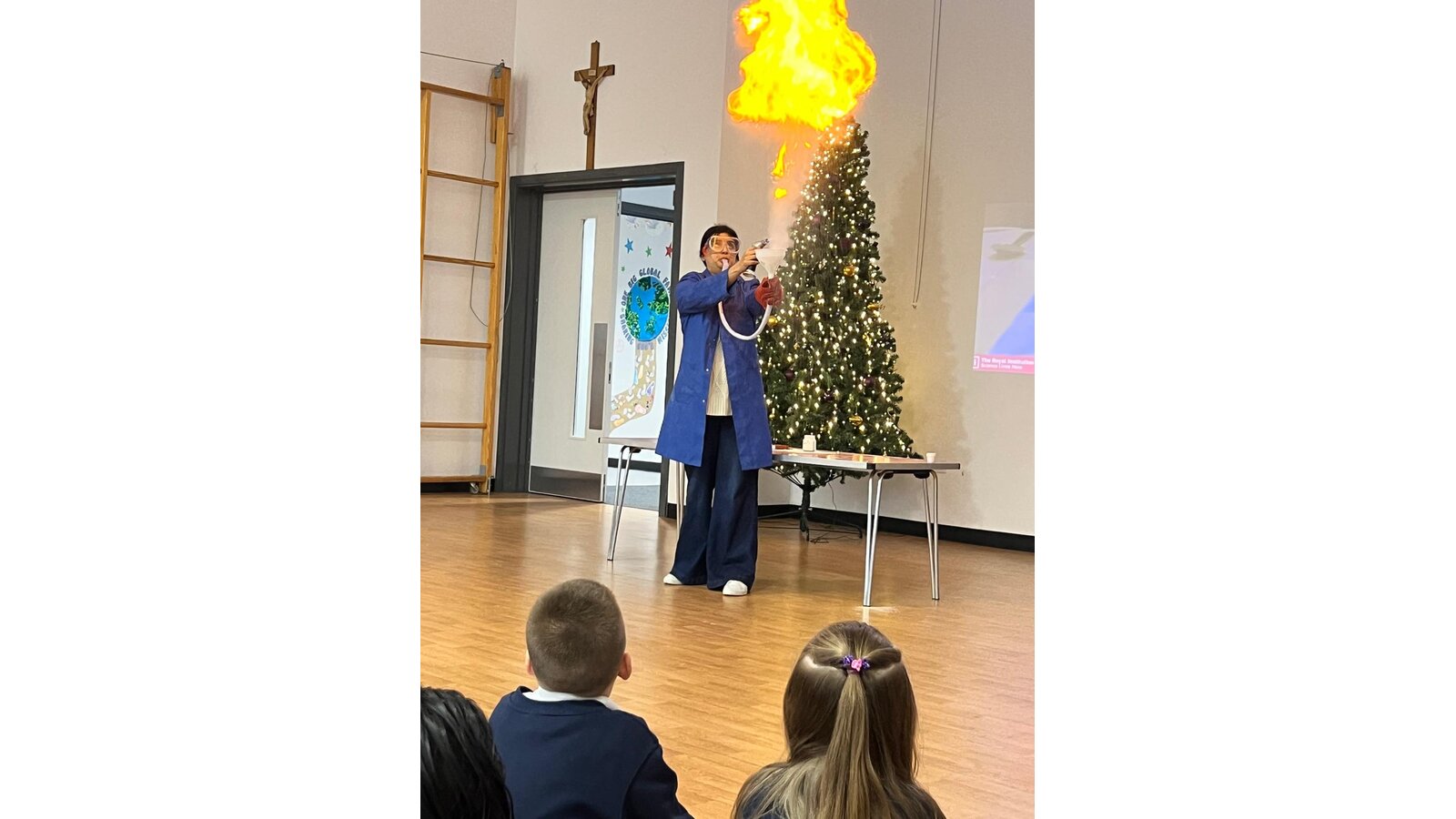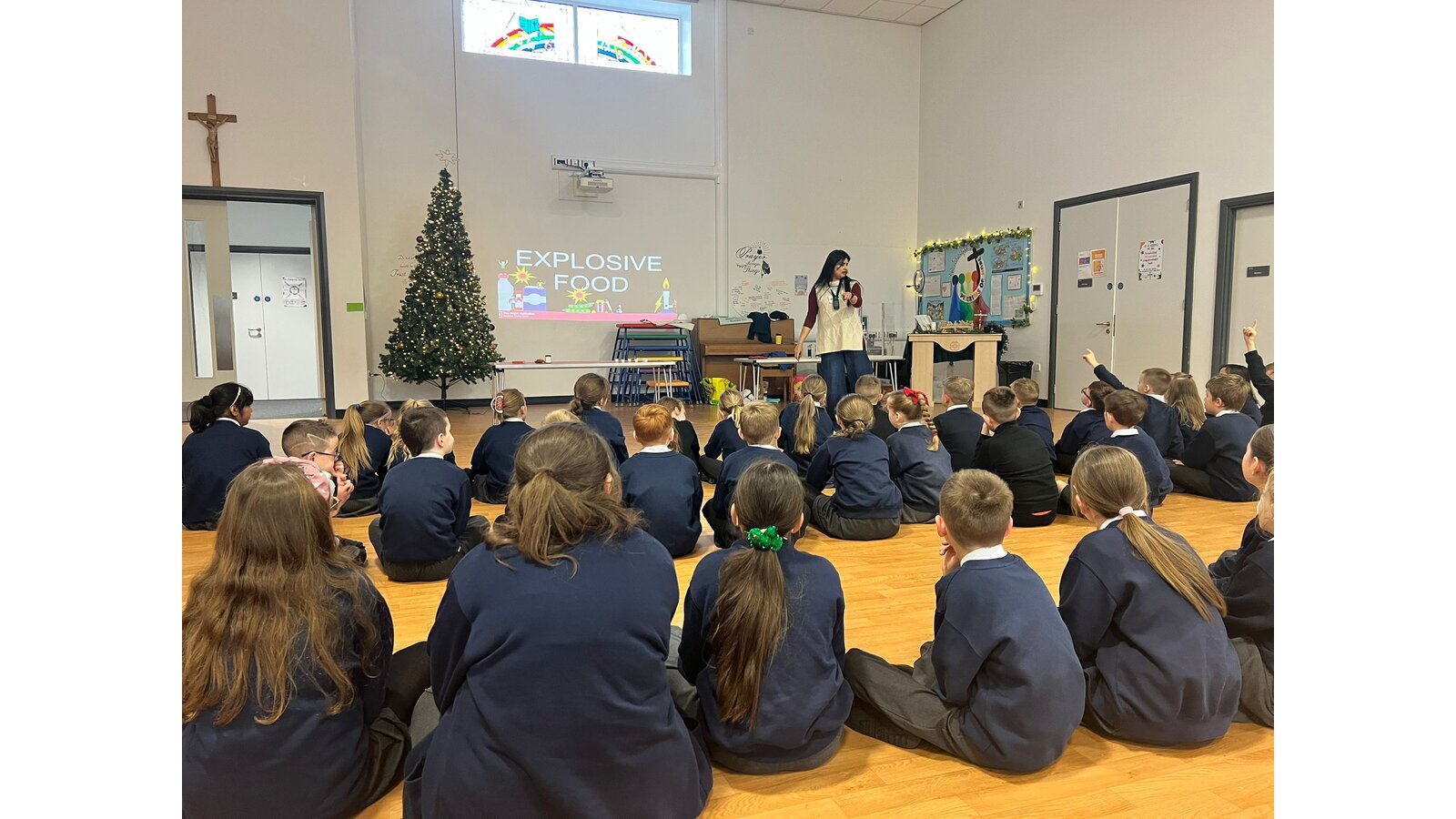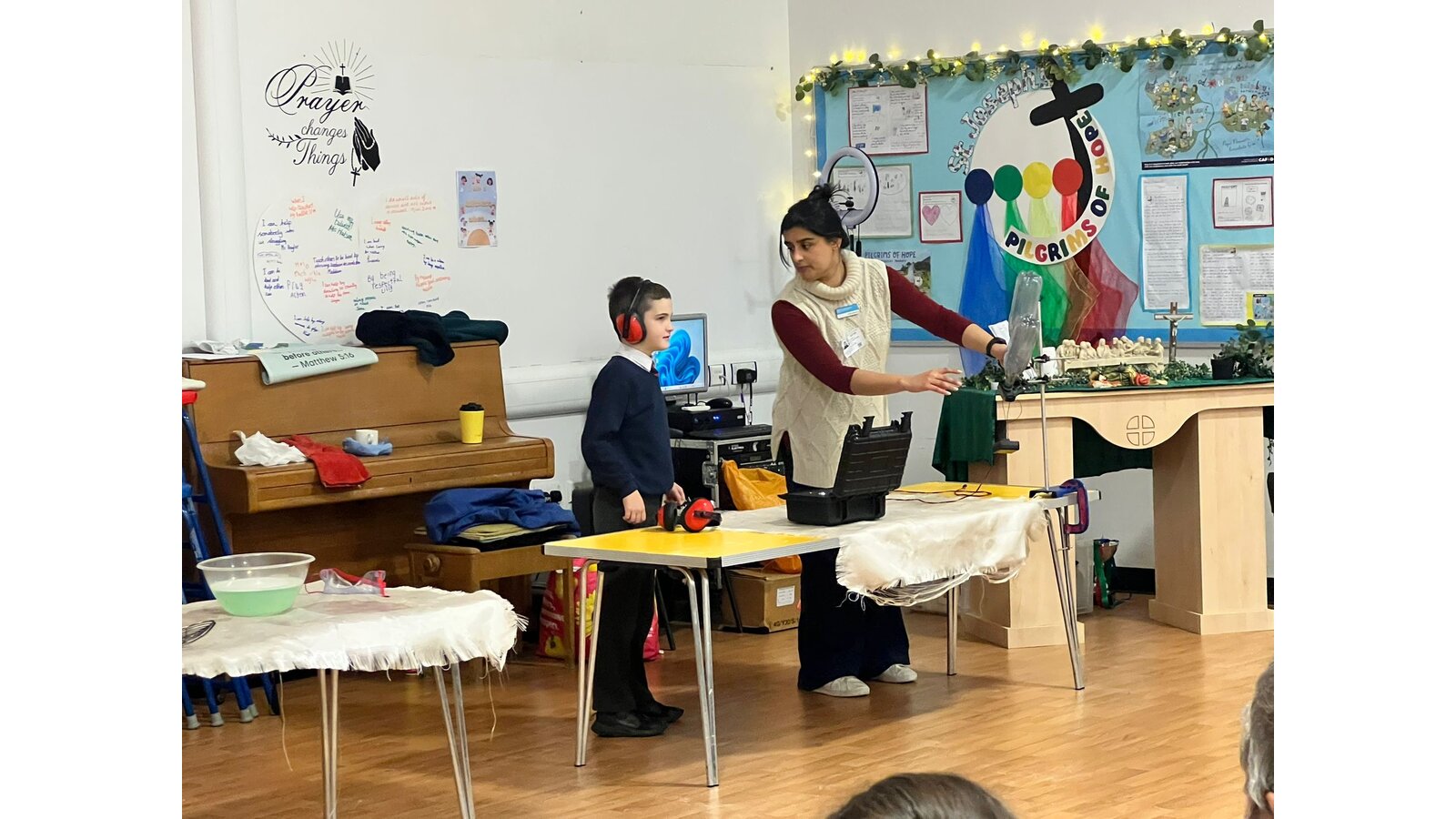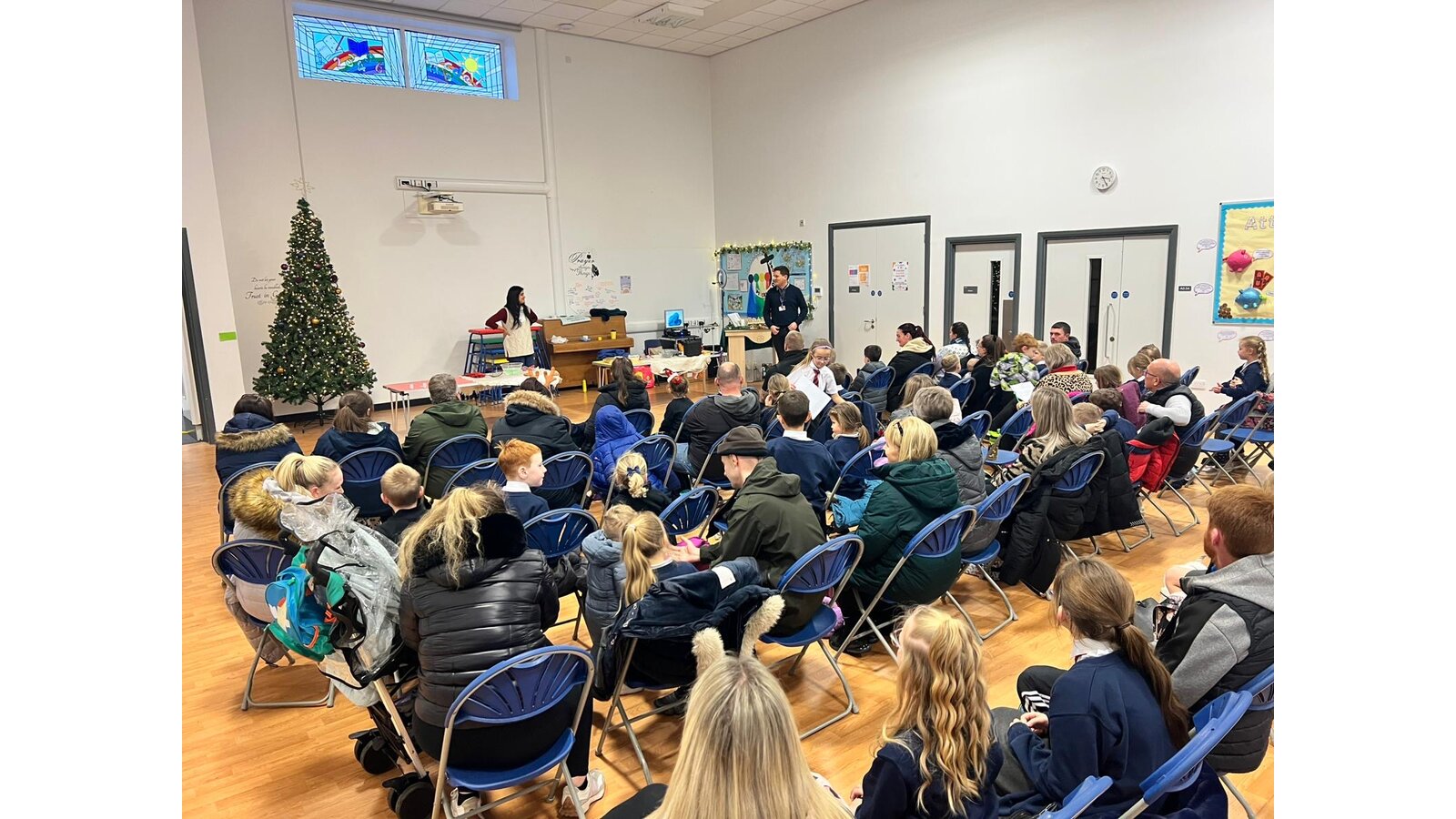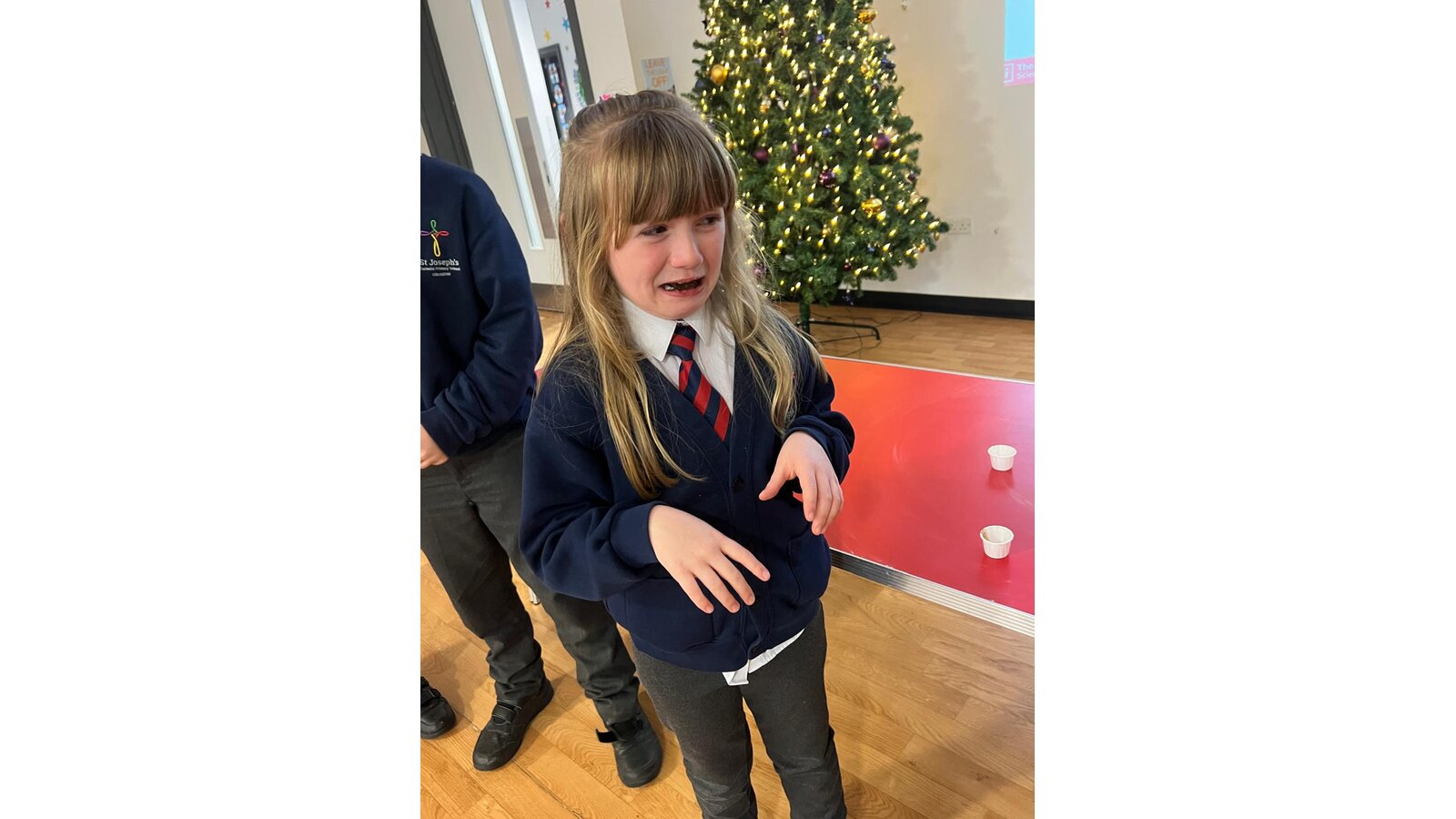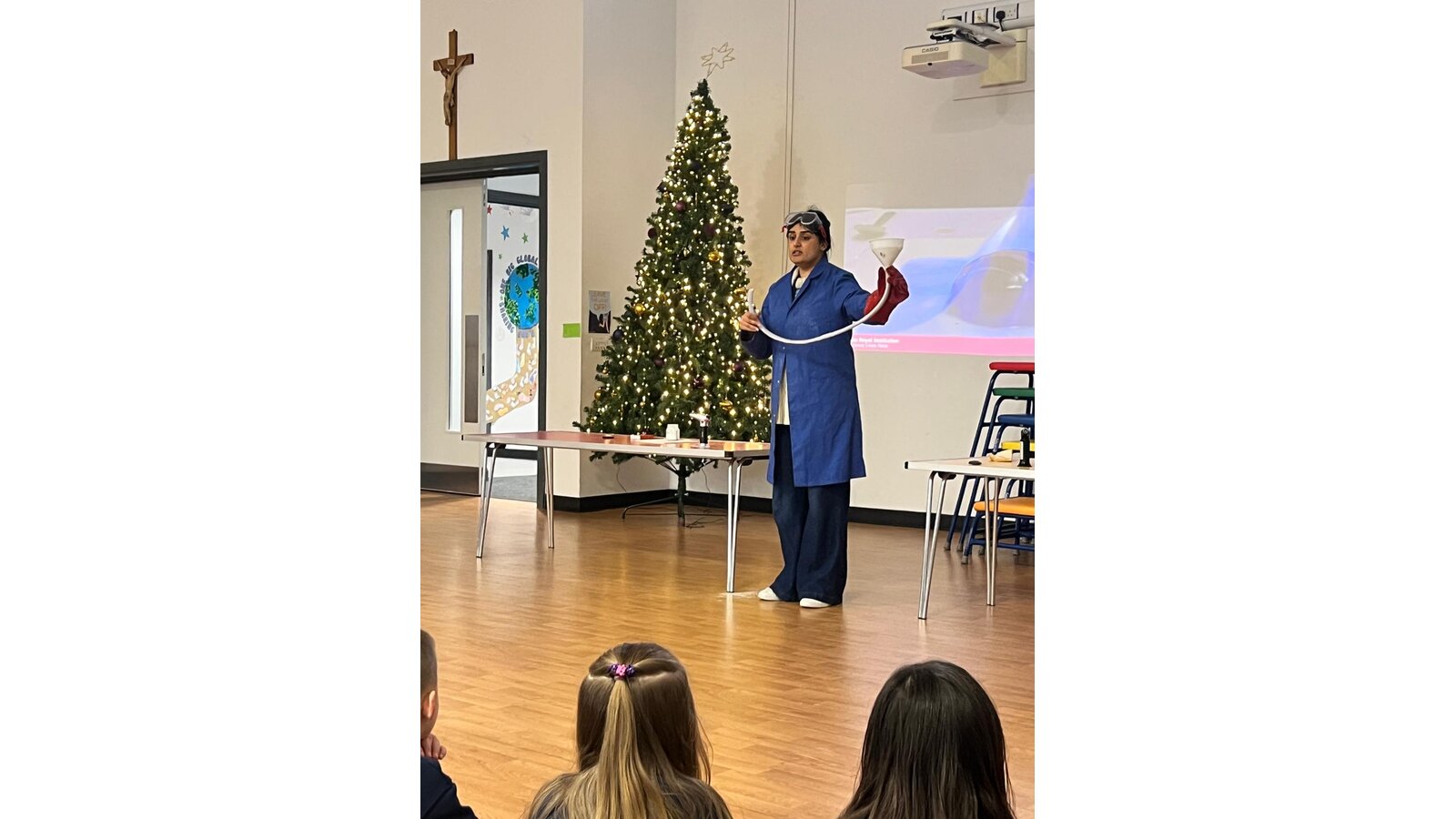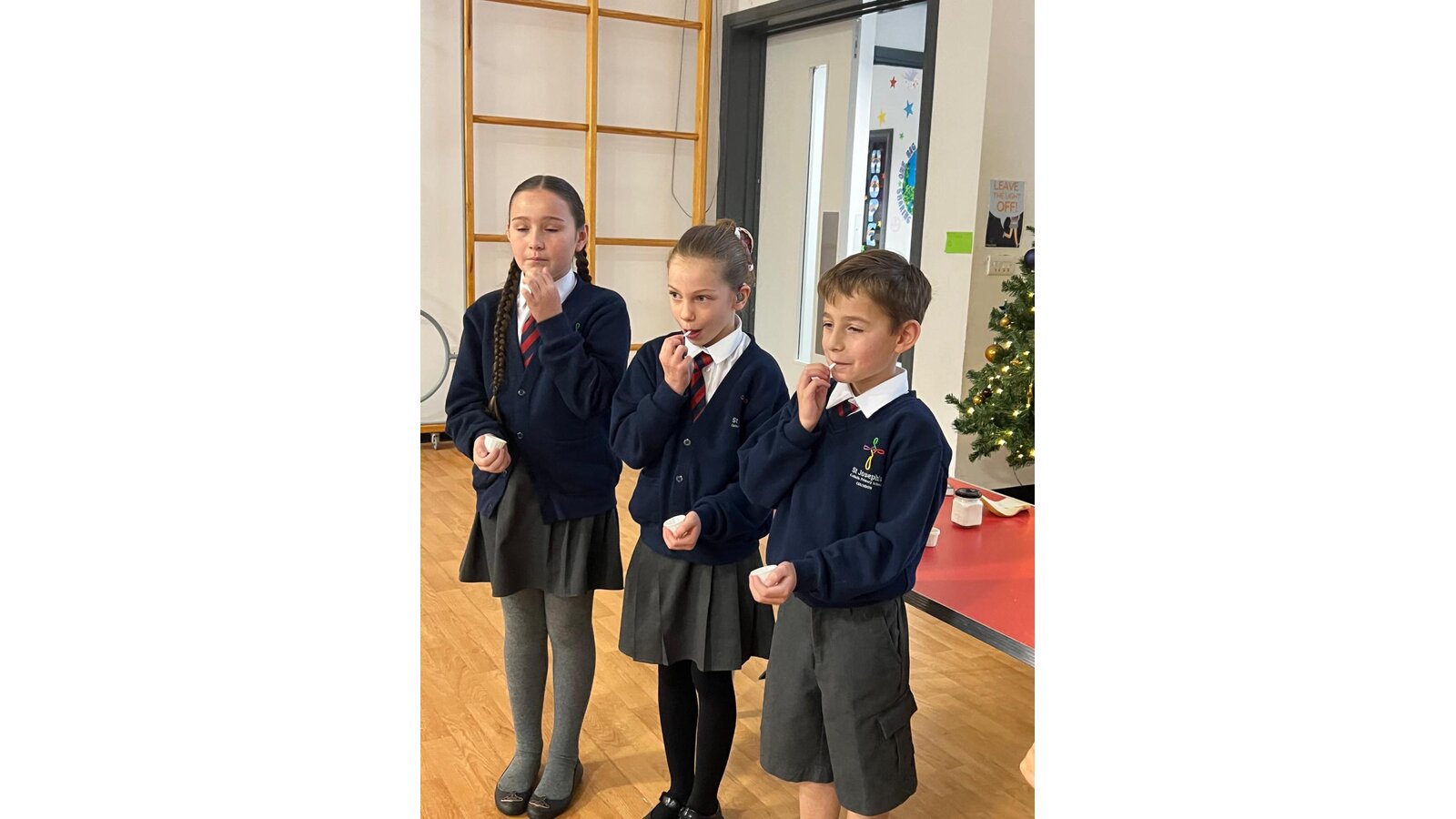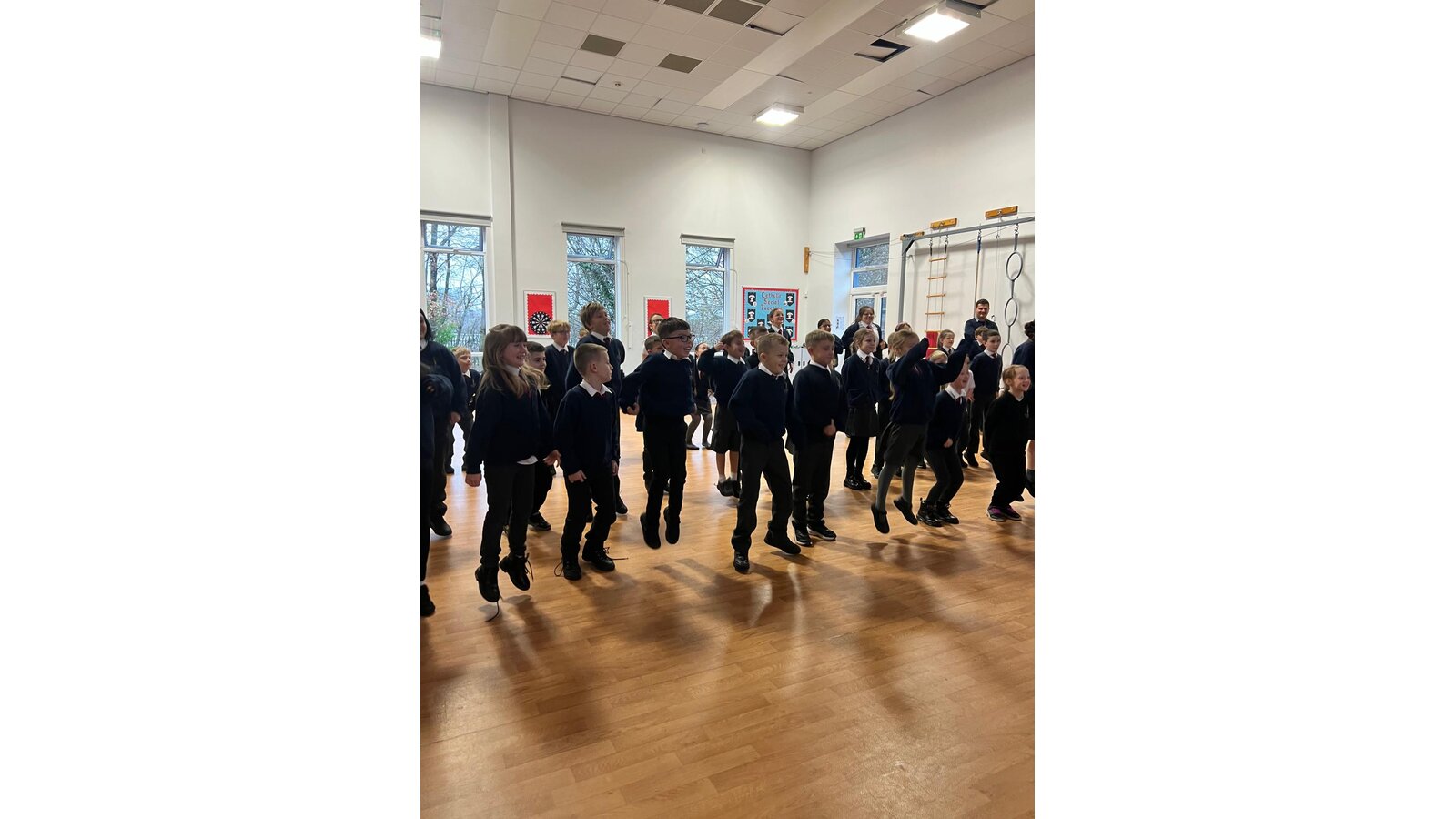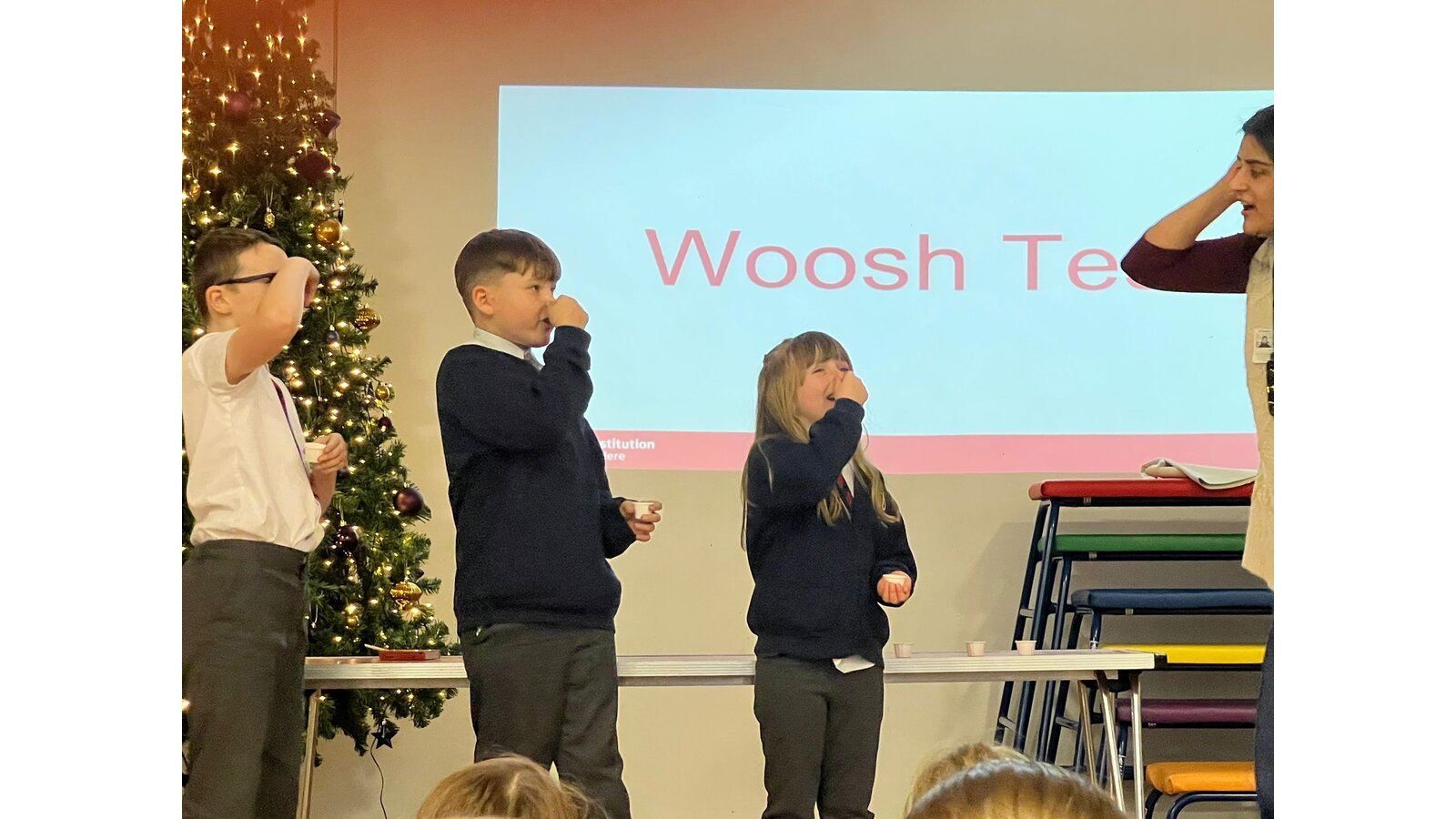Our Science Subject Leader
Mr Hayler
Intent
At St Joseph’s, our Science curriculum inspires children to explore the natural world with curiosity and wonder. Pupils develop the knowledge, skills and vocabulary to investigate and understand scientific concepts in order to achieve well. They are encouraged to take opportunities to ask questions, carry out experiments, and think critically about the world around them. Through their learning, children understand the impact of science on society and the environment, recognising their role as stewards of God's creation.
.png)
Implementation
Our Science curriculum has been designed in partnership with Science specialists within our trust. It ensures clear progression in both acquisition of knowledge and the development of key skills. Our whole-school approach ensures that science is taught progressively, building on prior learning and enabling children to gain both a secure foundation of knowledge and the skills to achieve greater depth of understanding.
Science is taught in themed topics (for example, Animals including Humans) to ensure topics within Biology, Chemistry and Physics are covered. Lessons are designed to be engaging, often using high-quality resources, and provide problem-solving opportunities that allow children to ask questions, investigate, and discover answers for themselves.
.png)
.png)
.png)
Pupils develop Working Scientifically skills. They become increasingly confident in selecting and using scientific equipment, collecting and interpreting data, and drawing conclusions based on evidence. New vocabulary and challenging concepts are introduced through direct teaching and revisited in future topics to ensure knowledge and skills progress over time.
Lesson Pedagogy
Lessons follow our consistent pedagogical approach.
- Retrieval – The lesson begins with a retrieval task, recalling knowledge from previous topics, previous terms, or earlier year groups. Where possible, retrieval tasks are linked to the content of the new science lesson, reinforcing prior learning and supporting long-term memory.
- Recall – Pupils recall knowledge from the previous lesson. This may be recorded in books when appropriate or may be an oracy-based activity, such as explaining scientific concepts or sharing observations.
- New Learning – New scientific knowledge, concepts, and skills are introduced. Learning objectives and foundational knowledge are shared, key vocabulary is discussed, and the enquiry question for the lesson is presented and briefly explored.
- I Do – The teacher models and shares new knowledge and processes. This may include demonstrations, analysing scientific data, watching videos, observing experiments, exploring diagrams or models, or reading scientific texts.
- We Do – Pupils work collaboratively to complete tasks, discuss ideas, analyse findings, or carry out experiments together, supported by the teacher.
- You Do – Pupils complete independent tasks, applying scientific knowledge and skills to investigations, problem-solving activities, or research tasks.
- Reflection – Pupils reflect on their learning, answering the enquiry question and considering their findings. Reflection may include group discussions, debates, or opportunities to make connections to Character Virtues, Protected Characteristics, Catholic Social Teaching, British Values, or the wider world.
Impact
As a result of our Science curriculum, pupils will:
- Develop strong scientific knowledge and can ask questions, investigate, and reach answers through enquiry.
- Theorise, plan fair tests, and carry out investigations, recording results, identifying patterns, and drawing conclusions.
- Confidently use scientific language and vocabulary to explain topics.
- Be prepared to think, write, and read as scientists, ready for KS3 and beyond
Science at St. John's
We work in partnership with St. John's to ensure our pupils experience secondary school science. This gives them context to their learning and shows them where their scientific learning in primary school leads them.
Science Careers at St. Joseph's
At St Joseph’s, we encourage our children to dream big and explore the world around them with curiosity and wonder. Through our Science curriculum, pupils discover how their learning links to a wide range of careers — from medicine and midwifery, engineering and environmental science to pharmacy, space exploration and teaching. By developing investigative skills, critical thinking, and a love of discovery, our children gain the confidence and curiosity to take opportunities and use their talents to make a positive difference in the world, reflecting God’s gift of knowledge and understanding.
Each unit of work includes a career focus, helping pupils understand how their learning links to real-world opportunities. Careers within STEM are explored during dedicated STEM Days, and science careers are woven throughout our Careers Week.
Please see the 'Careers' page in the Science Narrative for more information.
Explosive Science
We were delighted to welcome the Royal Institution of Science into school for an action-packed day of shows called “Explosive Food.” Sab, our fantastic presenter, amazed the children with a range of exciting experiments – from exploding jelly babies to turning flour into fire! There was plenty of fire, explosions, excitement, and lots of learning too, as the children discovered how much energy we get from the food we eat.
Sab even shared her journey with us, explaining how she studied science carefully in school, went to university and now has a career in Science. It inspired us to follow her footsteps.




